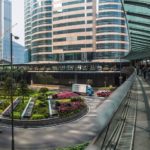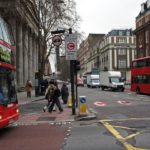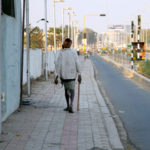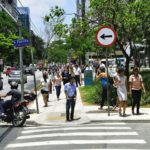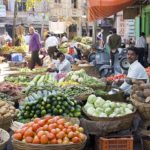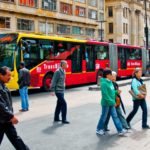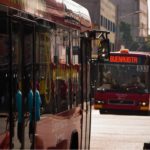Search Results
The rapid increase in car ownership in cities worldwide has brought conflicts between pedestrians and cars to center stage. Complete streets that accommodate all users not just are ideal in design, but have actually been successfully implemented in cities like ...

In 2003, London adopted a program of congestion pricing that now places a roughly $17 (£11.50) daily fee on motor vehicles entering central London. The effort was expected to reduce car traffic, air pollution, and emissions in the area, and ...

Developing countries are projected to gain 2.2 billion new urban residents between now and 2050. Governments and city leaders have a choice: they can develop cities that are sprawled and auto-dependent, or they can develop cities that are connected, compact, ...

A century of car-centric urban development has left our cities polluted, congested, and searching for sustainable solutions. Transport Demand Management (TDM) strategies can provide these solutions by combining public policy and private sector innovation to reverse over-reliance on private cars. ...

Known for its beautiful natural landscapes, Christ the Redeemer statue, and Copacabana beach, Rio de Janeiro is an iconic city. Citizens’ ability to access these and local opportunities, though, has been limited in the past due to increased reliance on ...

In the northern hemisphere, the days are growing longer and warmer, signaling the first day of spring. For many, it’s time to start sowing seeds, and for those in cities, it’s time to dig into community gardens. According to the ...

Walking and cycling may be the two most basic modes of transport, but they may also be the most promising for a sustainable future. In a car-filled world, it’s the people who use their own two feet or two wheels that ...

There are currently 190 cities in the world using bus rapid transit (BRT) systems to serve the mobility needs of more than 31 million daily passengers. The BRT boom over the past 15 years has been a significant step toward ...

With a metropolitan population of more than 21 million people—and growing quickly—Mexico City faces distinct challenges in delivering sustainable urban mobility. Whether to combat a long history of urban sprawl or to meet the mobility needs of different communities, the city has had ...

Over the past few years, demand for buses has been declining in major Brazilian cities. How should city and transport leaders respond to this alarming trend? One possible solution is to improve the quality and productivity of bus service. To achieve this, smart ...

Streets perform a necessary function in the life of cities, like the arteries of a complex, urban organism. As the Project for Public Spaces notes, city streets “animate the social and economic life of communities” by serving as primary sites ...

Two weeks ago, the World Bicycle Forum in Medellín, Colombia brought together more than 4,000 attendees from across the globe to discuss the challenges and opportunities of urban cycling. Many have praised the event for its ability to bring a ...

Cities contribute 70 percent of the world’s energy-related greenhouse gas emissions and play an essential role in climate change mitigation. However, since average global temperatures are already rising and the effects of climate change are becoming increasingly palpable around the world, ...

This article was originally published in the Deccan Herald on February 25, 2015. After five years of construction, Indore opened one of India’s few bus rapid transit (BRT) systems in May 2013. Operations started with a fraction of the total ...

A century of car-centric urban development has left our cities polluted, congested, and searching for sustainable solutions. Transport Demand Management (TDM) strategies can provide these solutions by combining public policy and private sector innovation to reverse over-reliance on private cars. ...

Page 77 of 228« First...1020...767778...8090...Last »








